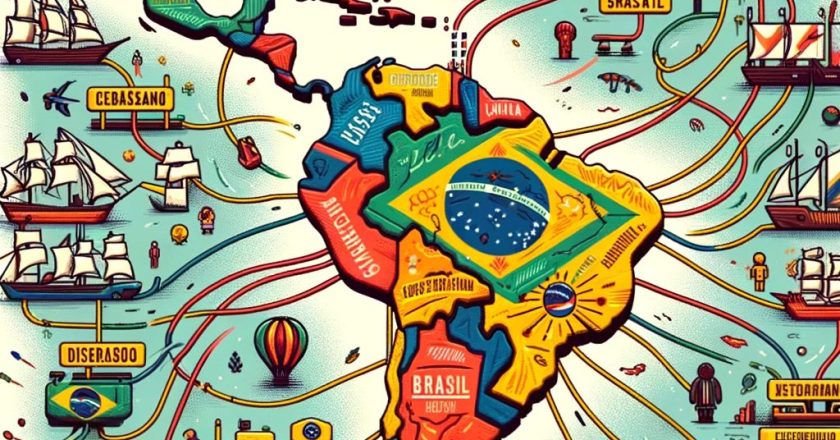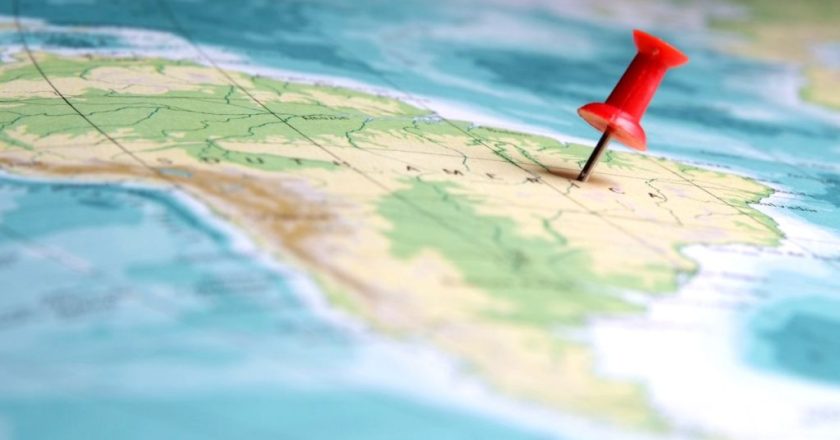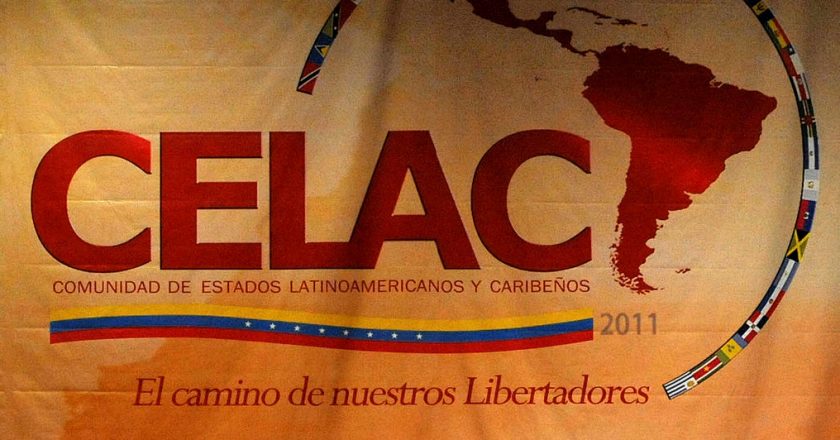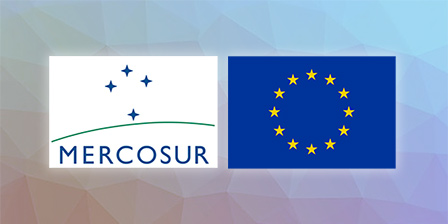Brazilian leadership in South America: current challenges and perspectives
Brazil, Historically recognized as a leader in South America, currently faces significant challenges in its foreign policy, reflecting a reduced ability to influence regional events. Analyzing recent developments, we can observe how the current Brazilian administration deals with complex issues involving neighboring countries, like Venezuela, Argentina and Uruguay, each presenting different scenarios.
The relationship with Venezuela, under the government of Nicolás Maduro, remains a critical point. Historically, the two countries maintained strong ties, but recent internal political tensions in Venezuela and international criticism of the Maduro regime pose challenges to Brazilian diplomacy. Despite being ideological allies, Brazil's incapacity....




